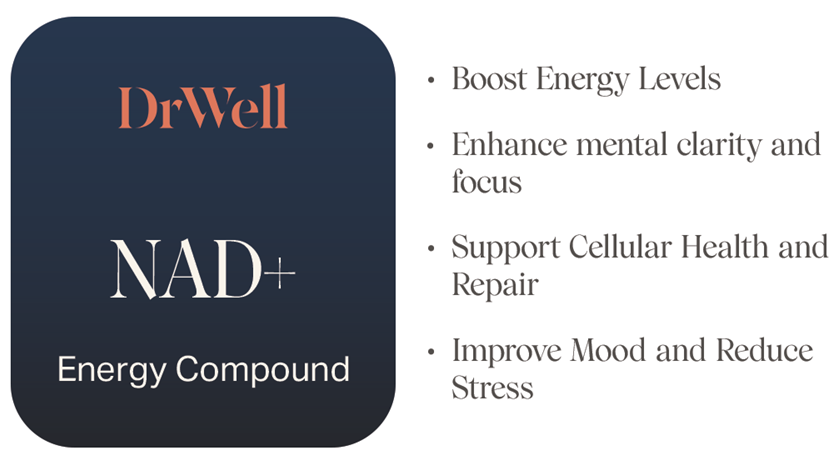
The volatile nature of health insurance can present new challenges all around. However, I want to focus on one very real issue and how to resolve it. What happens when you change health insurance plans and they don’t cover the medication you’re currently taking. The obvious answer is that you switch to whatever similar medication is covered. But that answer results in two new questions. First, what medication is similar to the one you’re taking? Second, does your new insurance plan cover that alternative medication? We’ll answer both below. Remember, the tools we use below are applicable to all meds, not just the examples provided.
What medication is similar to the medication I’m currently taking?
Let’s use a very common example and a particularly important example for several reasons: contraception. Women become very attached to their preferred oral contraception. Through trial and error, they’ve found that one particular mix of hormones that perfectly addresses their needs (avoiding pregnancy, lighter menses, elimination of cramping, etc). After they survive that gauntlet of adverse reactions with the wrong meds, they understandably don’t want to switch once they find the one that works.
The key here is to determine the chemical makeup of the oral contraceptive pill (OCP) the woman is taking. Minastrin 24 is a pretty typical OCP. It’s made up of norethindrone acetate and ethinyl estradiol tablets mixed with ferrous fumarate. Doesn’t matter what any of that means but I’m pretty sure they’re hormones mixed with some iron. Still, it doesn’t matter. All you need to know is how to copy and paste that scientific name into a Google search.
Once you click enter, you’ll get a list of results with that scientific name and many of the alternative “trade” names of the drugs. Now you know your options as seen in the screenshot below.

Does my new insurance plan cover the alternative medication
So now you know what you’re looking for. But how do you find out if your insurance plan formulary (fancy name for the list of medications covered) covers that medication? Go to the insurance company website and find their formulary. Then scroll down to the section that includes the category of medication you’re looking for. This is important.
Sure, you could scroll through an alphabetized list of thousands of medications, looking for any of the medications found in your Google search. But it’s way easier to scroll to the portion of the formulary that organizes medications by their category. For example (from the photo above), you could scroll down to the “J”s looking for Junel, then the “Z”s looking for Zenchent. Or, you could just scroll to the “contraception” (or hypertension, antidepressants etc) section and all of the OCP’s are grouped together as seen in the photo below.

With this knowledge, you’re now more prepared to answer questions about alternative medications than the person you previously called at the insurance company to ask!




